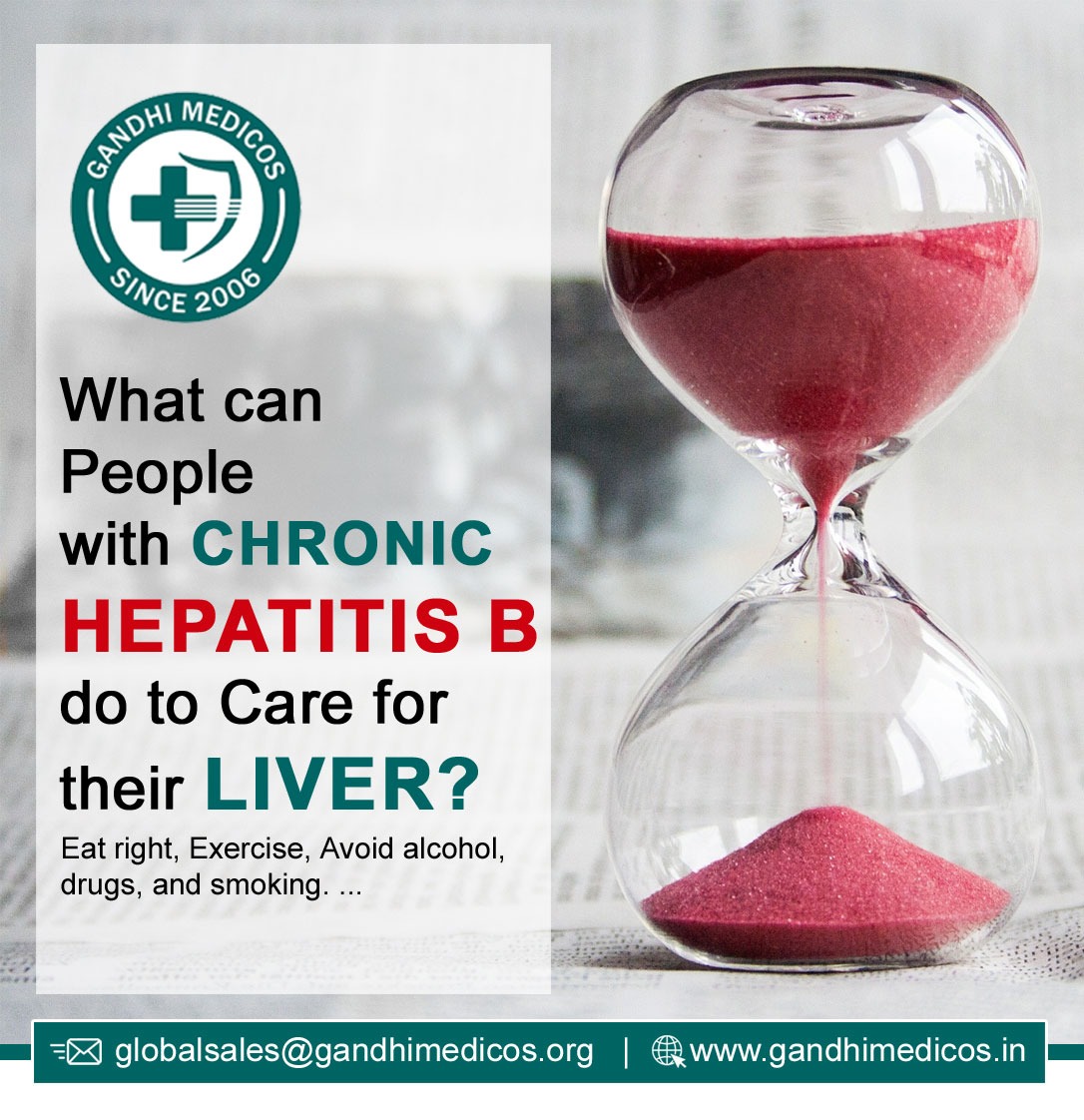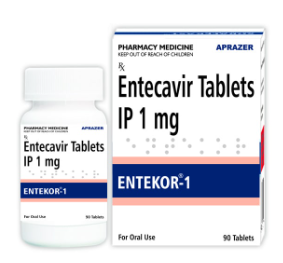What can People with Chronic Hepatitis B do to Care for their Liver?

Table of Contents
Chronic Hepatitis B
Hepatitis B is a serious liver disease. It can cause chronic inflammation and scarring of the liver and lead to cirrhosis, cancer, and other serious health problems. Chronic hepatitis B is caused by infection with the hepatitis B virus (HBV) that can be passed through blood contact, sexual contact, or mother-to-infant transmission.
Eat right
- You should eat right. Eating a healthy diet is one of the most important things that you can do to help your liver function well.
- Avoid fatty foods and processed foods, including fast food and sugary drinks.
- Eat plenty of green vegetables, whole grains (like brown rice or whole wheat bread), fruits (especially citrus), nuts, and seeds.
- Drink lots of water throughout the day in addition to fluids like coffee or tea without sugar added.
Exercise
 Exercise is a great way to take care of the liver. It can help improve blood flow, which provides nutrients and oxygen to the organ and helps it perform its functions. Exercise may also reduce stress and enhance your mood, which helps prevent depression or anxiety disorders.
Exercise is a great way to take care of the liver. It can help improve blood flow, which provides nutrients and oxygen to the organ and helps it perform its functions. Exercise may also reduce stress and enhance your mood, which helps prevent depression or anxiety disorders.
If you have chronic hepatitis B, you must talk with your doctor about how much exercise is right for you. Some types of exercise are more beneficial than others; for example:
Walking briskly for 30 minutes at least three times per week can help with weight loss and overall health benefits—especially if combined with other healthy habits like eating well and exercising regularly.
Swimming laps daily can help improve cholesterol levels in people with high blood pressure or diabetes since it improves heart function by increasing blood flow throughout the body via increased cardiac output (the amount of blood pumped out by each ventricle).
Avoid alcohol, drugs, and smoking
Alcohol, drugs, and smoking can damage your liver. They also cause cancer of the liver. If you are addicted to alcohol, drugs, or smoking, get help before it’s too late.
Avoid exposure to hepatitis B virus (HBV). If you have chronic hepatitis B infection, avoid contact with others who may be infected with HBV and blood donations from such individuals until four months after completing treatment with Entekor 1 mg every day for 12 weeks.
How to take Entekor 1 mg
Take medicine with food. The recommended dose of Entecavir is 1 mg per day in two divided doses, with or without food.
What are the side effects of taking Entekor 1 mg?
Side effects that may occur while taking this medication include nausea, vomiting, headache, dizziness, and diarrhea (also may include a yellowing of the eyes).
What are the precautions for taking Entekor 1 mg?
- Tell the doctor if you are pregnant or breastfeeding.
- If you have liver disease, you must talk to the doctor about what dose of this drug is right for you.
- You should not take this medication if you have had an allergic reaction to entecavir 1 mg.
Entecavir uses include situations when an individual has diabetes, high blood pressure, or other diseases that damage the liver. The doctor may prescribe medications to help manage these conditions.
If you are already feeling good and want to live a healthy lifestyle with chronic hepatitis B, but aren’t sure what steps to take next, talk with a healthcare provider about the goals for living well despite having the virus in the body.
If you have chronic hepatitis B, you must take simple steps to protect the liver.
- Sleep enough.
- Stay away from alcohol and drugs.
- Control diabetes and high blood pressure.
Conclusion
If you have chronic hepatitis B, you must protect your liver with regular exercise and a healthy diet. Don’t forget to talk with the doctor about taking Entekor 1 mg tablets if needed.


 Anti Cancer Drugs
Anti Cancer Drugs Hepatitis C
Hepatitis C Meds for HIV
Meds for HIV Ayurvedic Medicine
Ayurvedic Medicine Transplant Medicine
Transplant Medicine Respiratory System
Respiratory System +91-9811604444/ 9811604424/ 9999064250
+91-9811604444/ 9811604424/ 9999064250  8(800)100-47-90
8(800)100-47-90

